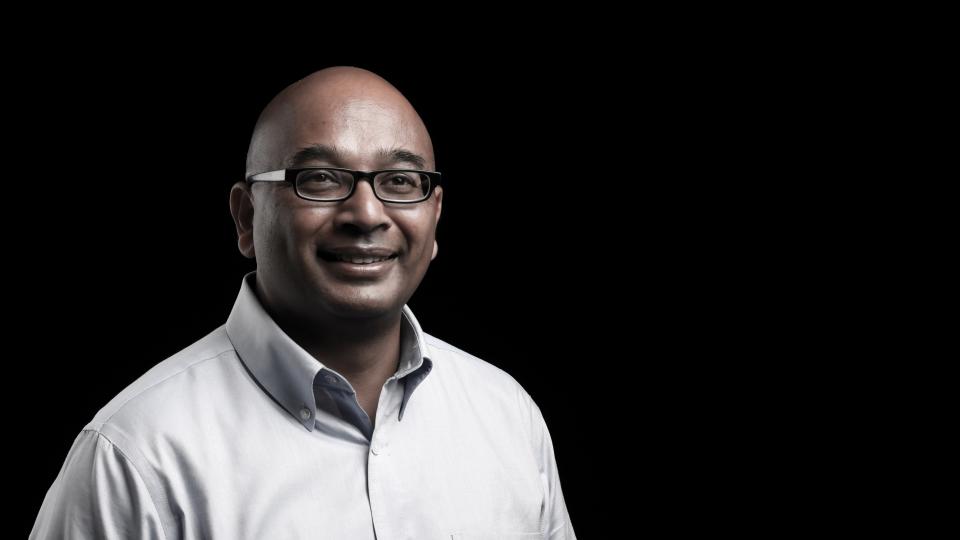by Adam Grybowski
As a child growing up in India, Mayank Jaiswal saw three conventional routes to career success: medicine, government or engineering. The medical field was out (he doesn't like blood) and the government didn't interest him. That left engineering.
Jaiswal studied civil engineering at the Delhi College of Engineering, and after earning a bachelor's, he landed a highly sought-after position at IndianOil, a state-owned oil company headquartered in New Delhi. In many ways, he was happy and his future was secure, but after a few years, his attention began to shift toward business, especially business strategy and entrepreneurs who built social missions into or alongside their organizations.
Jaiswal enrolled at the University of Chicago and moved to the United States only to return to India after receiving a Master of Business Administration and notching a few years of experience at Archer Daniels Midland and Exelon Corporation. Back home, he joined a venture capital firm focused on funding startups created to solve social problems. Around the same time, he met the woman who would become his wife, Smita.
For the second time in his life, Jaiswal had settled into a secure, predictable career path only to upend it once again. Through discussions with his wife, he began to understand his skills, interests and personality could be put to most satisfying use as an educator. Moving back to the U.S., he enrolled in a doctoral program at the Georgia Institute of Technology with a focus on entrepreneurship. He finished the program in 2017 and, that same year, joined Rider’s College of Business Administration, where as an assistant professor he now teaches entrepreneurship and business strategy and conducts research related to emerging technologies and factors affecting new venture performance.
Q&A
Why do you think social causes have attracted the support of successful entrepreneurs throughout history?
I believe it's about sustainability. If you look back at the lives of people like Rockefeller and Carnegie, they were the richest people in the world. The institutions they set up for social good have been going for decades. Today, the same thing is happening with Bill Gates. These giants of business brought/bring their business acumen to doing good, which is a big reason why the institutions and programs they set up are usually sustainable and hence benefit society for a very long duration.
You've identified an educational niche in thinking about startups — the first joiners. Who are they?
If you look at the first 100 people who join a successful startup, they can become very wealthy and successful in their own right. There is a role in the ecosystem for these kinds of employees and we can create a curriculum at Rider that's slightly different for students who want to join these entrepreneurial companies rather than start them. If the company fails, the start-up experience that employees get is still highly valued by the corporate world. They can become hot property. They will know how to push for their ideas and get things done with fewer resources. This will also come in handy if they would like to start their own ventures down the road.
In teaching business today, is it adequate anymore to simply teach from a textbook?
Right now, the world is so complicated. It’s my job as an educator to bring the latest knowledge, the latest academic papers and real-world examples and translate them for my students. It all needs to be made digestible to the student. Why do students not use what they're taught? Maybe they didn't grasp the material or maybe they grasped it but it's too theoretical. So you have to translate for the layman, and that bridge is hard to make, but it brings so much power to the table. I want to unlock that power for students.
Tell us about your approach to learning tennis, which speaks volumes about your approach to systematic improvement in business and elsewhere.
I believe that if I learn the right technique, I can execute. First, I got the right equipment, the right shoes, the right training. Then I videotaped myself, and I kept logs of how I was performing. How many serves were going in? I wanted to make a cookie-cutter system out of it. You have to put a lot of thought into it, and then you have to execute on the plan patiently day in and day out.

